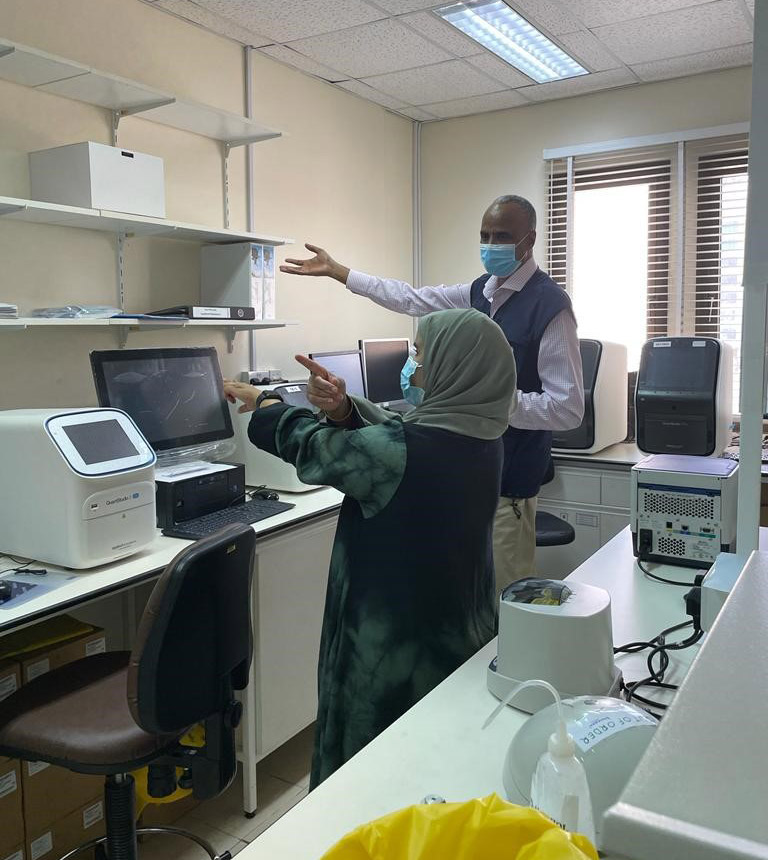In 2022, countries of the Eastern Mediterranean Region faced multiple emergencies, including disease outbreaks, floods and droughts, which posed health risks and affected people’s lives and economies around the Region.
The year witnessed an increasing number of disease outbreaks in the Region. More than 60 outbreaks (other than COVID-19) were reported from 20 countries, the largest number of outbreaks in a year for the last two decades. The outbreaks resulted in more than 7 million cases of infection and more than 1400 associated deaths.
Some countries experienced more than one outbreak, which overwhelmed national capacity to respond. The WHO Regional Office activated the Multi-diseases Outbreak Incident Management Support Team (IMST) to support affected countries through a coordinated multisectoral approach. IMST provided an appropriately tailored response according to the nature of the outbreak and country needs.
WHO also supported countries of the Region by building their capacity to prevent, prepare, detect and respond to the range of diseases and public health threats posed by emerging and epidemic-prone infectious diseases.
The following is an overview of some of the activities carried out by WHO in 2022, in coordination with partners, to support countries in the Region.
